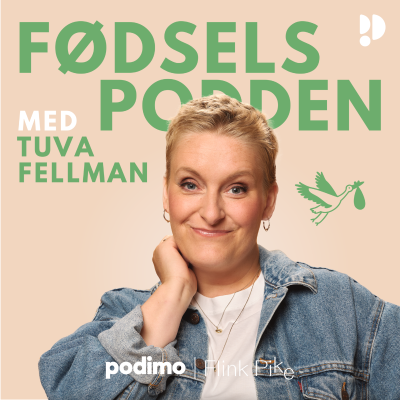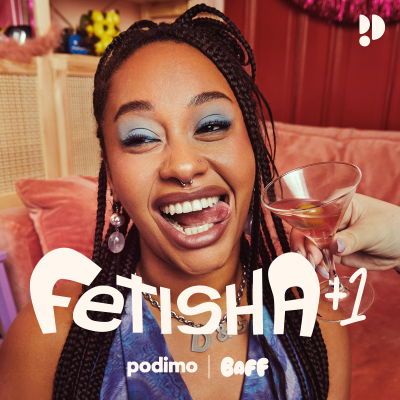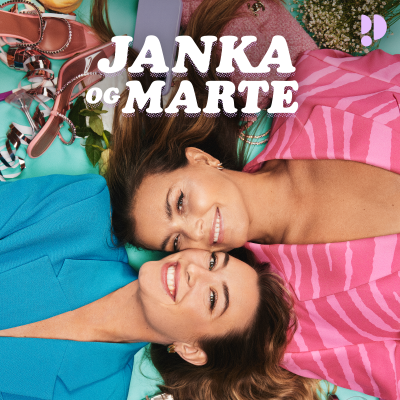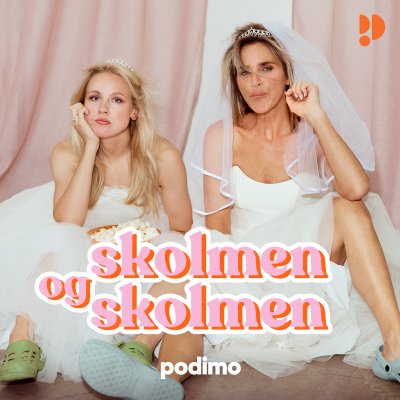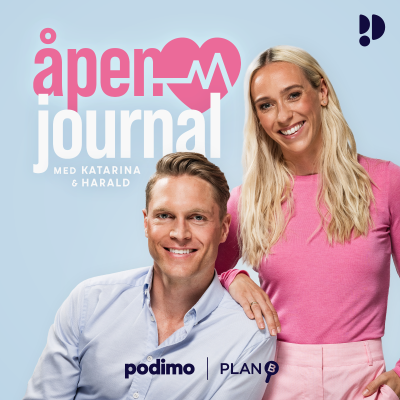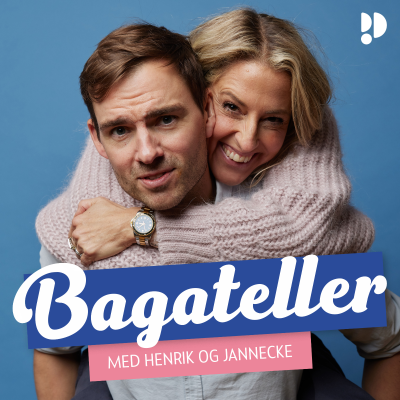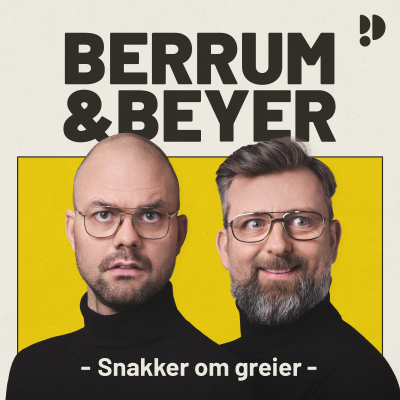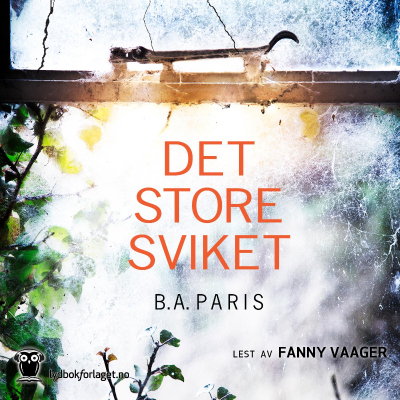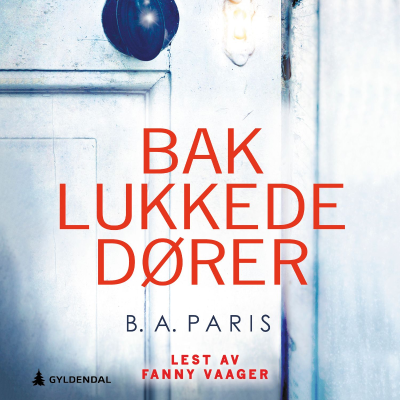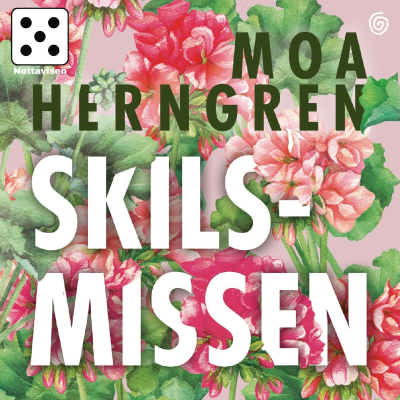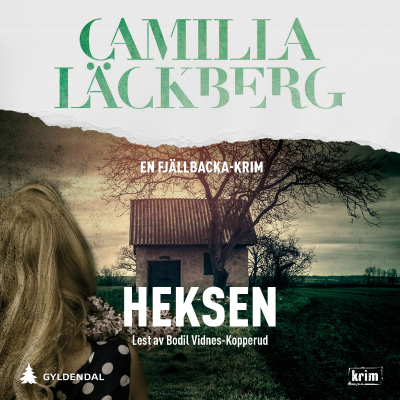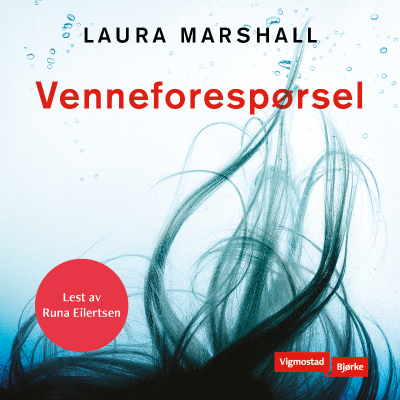
Hospitality Design: What I've Learned
Podkast av Hospitality Design
In this series, Hospitality Design magazine's editor in chief Stacy Shoemaker Rauen talks with influential hotel and design leaders on how they got to where they are today, what drives them, and their biggest lessons learned navigating an ever-changing industry.
Tidsbegrenset tilbud
3 Måneder for 9,00 kr
Deretter 99,00 kr / MånedAvslutt når som helst.
Alle episoder
172 EpisoderAs senior leaders shaping the future of Hyatt's wellness-focused brand Miraval, Sarah Klymson and Simon Marxer bring complementary expertise to the table: Klymson is a trained architect and global design strategist, while Marxer is a veteran spa and wellbeing innovator with roots at Canyon Ranch and Red Flower. Since Hyatt’s acquisition of Miraval in 2017, the duo has worked together to evolve the brand while honoring its original mission to empower guests to cultivate balance, mindfulness, and purpose. Klymson’s design leadership has been instrumental in translating Miraval’s ethos into spaces that promote reflection, community, and comfort. Marxer, meanwhile, ensures that programming—from digital detoxing to equine therapy—remains immersive and emotionally resonant. Together, they’re ushering Miraval into its next chapter, which includes the upcoming Red Sea resort, the brand’s first international outpost. As they expand globally, Klymson and Marxer are committed to scaling not just a brand, but also an intention—one that prioritizes authenticity, self-discovery, and wellbeing in every guest interaction. Thank you for listening! For more of our great interviews, find us at hospitalitydesign.com [https://hospitalitydesign.com/].
Growing up in a small town outside Providence, Rhode Island, Dr. Jonathan Leary always had big dreams. At a young age, he had plotted to move to Los Angeles and pursue a career in medicine, despite never having visited the city. Those dreams evolved as he explored ways of helping people on a deeper level—not just improving their physical health but enhancing their lifestyle. After completing his undergraduate studies in kinesiology at the University of Rhode Island and obtaining a doctorate in chiropractic medicine from Southern California University, Leary had a traditional path to becoming a medical doctor in mind. But his perspective shifted as he spent time in hospitals. Instead of the fulfillment he imagined, he found chaotic and stressful environments that didn’t align with his vision of care. Struggling with the rigidity of these systems, he realized the traditional medical model wasn’t for him. That’s when the idea for Remedy Place [https://www.remedyplace.com/] began to take shape. Through his studies and an introduction to alternative medicine, Leary was inspired by the power of holistic care. He saw potential for meaningful change by merging proven wellness practices with a hospitality-driven, healing environment. The idea was bold. And today, with four locations in West Hollywood [https://hospitalitydesign.com/projects/wellness-sustainability/remedy-place/], New York [https://hospitalitydesign.com/projects/wellness-sustainability/remedy-place-new-york/], and Boston [https://hospitalitydesign.com/news/wellness-sustainability/social-wellness-club-remedy-place-boston/], Remedy Place is rooted in the belief that social connection is essential to health, transforming the concept of self-care and setting a new standard for wellness. Thank you for listening! For more of our great interviews, find us at hospitalitydesign.com [https://hospitalitydesign.com/].
Caroline and Sabri Farouki, partners behind New Orleans-based studio Farouki Farouki [https://www.faroukifarouki.com/], bring a personal and global perspective to their practice. Caroline grew up in Lafayette, Louisiana in a home designed by Louisiana architect A. Hays Town, known for pioneering reusing materials. Surrounded by antiques and architectural details, her passion for design started early. She studied architecture in college, but shifted to environmental studies with a minor in architecture before earning her master’s in fine arts in interior design from the Savannah College of Art and Design. Sabri, born in Tulsa, Oklahoma, spent his formative years in Egypt, attending an American international school in Cairo. His exposure to varied cultural environments shaped his worldview of what design could be. After completing his undergraduate studies at Washington University in St. Louis, where he met Caroline, he went on to earn his master’s of architecture from Columbia University in New York. The pair launched Farouki Farouki in 2015 after working at acclaimed firms like AvroKO, Diller Scofidio + Renfro, and Bjarke Ingels Group. Today, their firm balances architecture and interiors across a range of hospitality projects, including the recently opened Hotel Henrietta [https://hospitalitydesign.com/news/hotels-resorts/hotel-henrietta-new-orleans/] in New Orleans and the Hotel Indigo Grand Cayman. Thank you for listening! For more of our great interviews, find us at hospitalitydesign.com [https://hospitalitydesign.com/].
Suchi Reddy’s creative journey began in Chennai, India, where she grew up in a vibrant home curated by her mother—think scenic wallpaper, terrazzo floors embedded with marble fragments, and a rich mix of textures. Surrounded by gardens and books, Reddy developed an early sensitivity to how environments shape our sense of self. That awareness grew into a passion for architecture, which she pursued both in India and the U.S. In 2002, she founded her New York–based multidisciplinary studio, Reddymade [https://reddymade.design/]. From Humanscale’s sustainably minded Chicago showroom to immersive installations for the Smithsonian, her work reflects her guiding principle: form follows feeling. Rooted in the science of neuroaesthetics—the intersection of neuroscience and design—Reddy’s approach centers on creating spaces that resonate emotionally. Whether through retail, residential, or institutional projects, her mission remains the same: to make people feel seen, included, and inspired. This episode is brought to you by American Leather. For more information, go to americanleather.com [https://www.americanleather.com/]. Thank you for listening! For more of our great interviews, find us at hospitalitydesign.com [https://hospitalitydesign.com/].
Born in the Kalahari Desert of South Africa, Jacu Strauss’ early years were marked by his imagination—crafting dollhouses from wine boxes and drawing urban streetscapes in the dirt. With limited access to TV or the internet, he turned to encyclopedias and magazines to fuel an inner world that laid the foundation for his future. At 18, he left for London on what was meant to be a brief gap year. It quickly turned into a journey through banking, architecture studies in New Zealand, and ultimately, back to the UK. His career took a turn when he joined Tom Dixon, where he helped dream up the transformative Sea Containers hotel. That philosophy continues to anchor his work as creative director at Lore Group [https://loregroup.com/], where he oversees a diverse portfolio of hotels. From the charming Pulitzer Amsterdam [https://www.pulitzeramsterdam.com/en/] to the intimate sophistication of the Lyle [https://lyledc.com/] in Washington, DC, Strauss designs with both whimsy and purpose—always seeking to humanize spaces through material, form, and story. This podcast is sponsored by StyleNations. For more information, go to stylenations.com [https://stylenations.com/]. Thank you for listening! For more of our great interviews, find us at hospitalitydesign.com [https://hospitalitydesign.com/].
Tidsbegrenset tilbud
3 Måneder for 9,00 kr
Deretter 99,00 kr / MånedAvslutt når som helst.
Eksklusive podkaster
Uten reklame
Gratis podkaster
Lydbøker
20 timer i måneden
